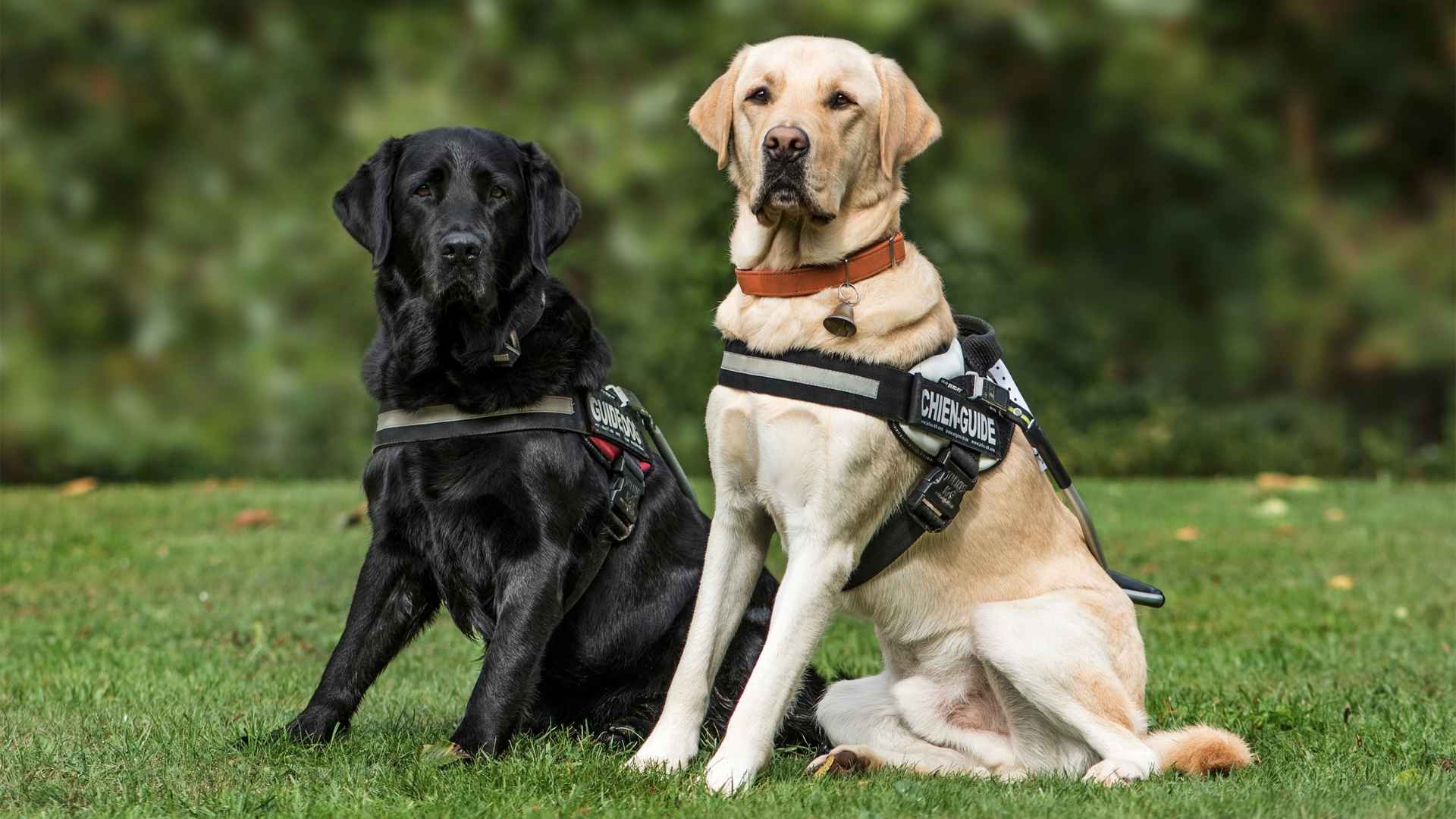A service dog can pick up dropped keys, turn on lights, alert to sounds, guide through busy streets, detect seizures before they happen, calm anxiety attacks, and provide stability for walking, sometimes all in a single day.
These aren’t just smart tricks; they’re life-changing skills that give freedom to people with disabilities. Service dogs work harder than most humans, with unwavering focus and dedication to their person.
While service dogs come in all shapes and sizes, certain breeds have the perfect mix of brains, bravery, and gentleness that this demanding job requires.
Let’s explore seven exceptional breeds that excel at transforming challenges into possibilities for the humans who need them most.
Versatile Service Dog Breeds
1. Labrador Retriever
Labradors have long been the gold standard in service work — not because they’re trendy, but because they’re dependable in ways that matter.
Their intelligence and emotional stability allow them to handle diverse environments without getting overstimulated or distracted. Whether it’s crowds, noise, or tight spaces, they stay locked into the task.
Tailored for physical and emotional tasks
Labs offer the physical strength needed for mobility support, including pulling wheelchairs or providing steady bracing.
At the same time, they remain incredibly gentle, especially around children and the elderly. This unique balance makes them ideal for service work that requires both muscle and mindfulness.
Trusted in mental health support roles
More and more, Labradors are being trained as psychiatric service dogs, especially for individuals living with PTSD, anxiety, or panic disorders.
Their grounding behavior — like nudging, leaning, or leading someone away from a trigger — isn’t just instinct; it’s trained consistency that provides daily relief.
Always there, always reliable
As guide dogs, Labs have set the global benchmark for reliability. They’re also widely used as emotional support dogs, especially for individuals who need calm companionship over constant direction.
2. Golden Retriever
Golden Retrievers aren’t just popular — they’re consistent top picks in working roles because of how attuned they are to human emotion and routine.
Their ability to read subtle cues and respond without hesitation makes them one of the most common service dog breeds, trusted in homes, hospitals, and public spaces alike.
Trained to do more than obey
Their versatility shines when tasks become complex. Golden Retrievers excel at mobility assistance — from retrieving dropped objects to steadying individuals on walks.
Their size, strength, and steady gait make them ideal for supporting physical needs, while their eagerness to help turns training into partnership, not just obedience.
Emotional support with substance
Beyond physical help, Goldens are also natural therapy dogs, often used in schools and trauma recovery spaces.
Their calm presence, especially during times of stress, helps people regulate emotions just by being near them. They’re not loud or reactive — just quietly supportive.
Why they’re more than just “friendly”
Golden Retrievers are often praised for their temperament, but what makes them truly good service dogs is their consistency.
They don’t just love humans — they take responsibility for them. That reliability, paired with a strong work ethic, is why you’ll find them in roles ranging from guide work to emotional support.
3. German Shepherd
German Shepherds are built for service work — not just physically, but mentally. What sets them apart is their capacity to learn complex tasks quickly and with long-term retention. They don’t just react; they assess, adapt, and act with precision, even in high-pressure environments.
Purpose-driven from day one
These dogs thrive when they’re working. From assisting in public access tasks to performing deep-pressure therapy or obstacle clearing, they’re often specifically trained to support individuals with physical disabilities or neurological conditions. Their sharp memory and obedience make them ideal for highly customized roles.
Awareness you can count on
German Shepherds are naturally alert, but they don’t overreact. Their calm but watchful nature makes them excellent alert dogs, particularly for individuals with seizure disorders or panic attacks, as CertaPet claims. They’re responsive without being reactive — a trait that makes them trustworthy in both public and private settings.
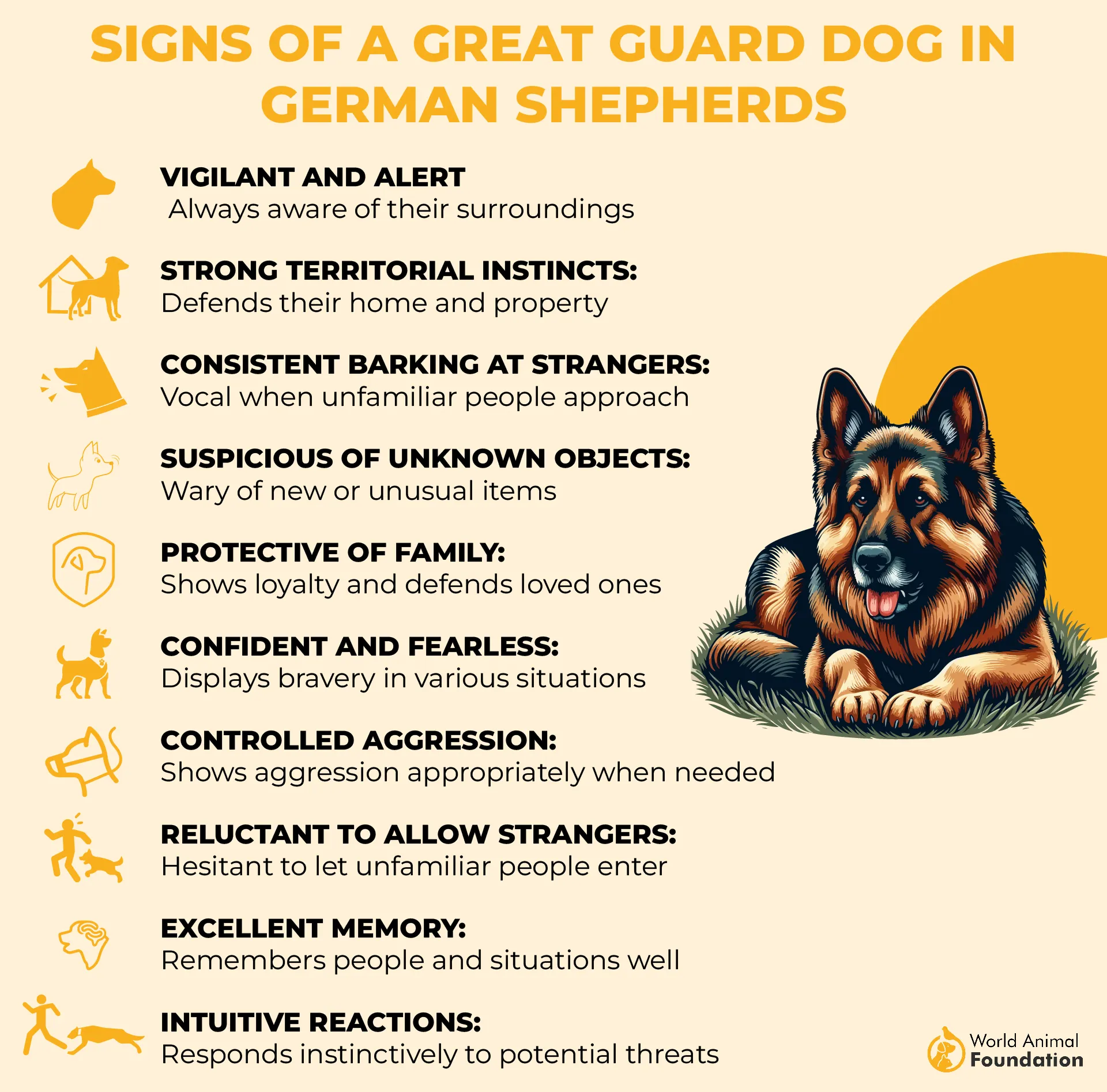
Built for all-around service work
Among the most popular breeds for military, police, and now service roles, German Shepherds are no strangers to responsibility.
Their loyalty isn’t just emotional — it’s practical, trained, and incredibly dependable. They aren’t just working with people; they’re working for them with purpose.
4. Poodle
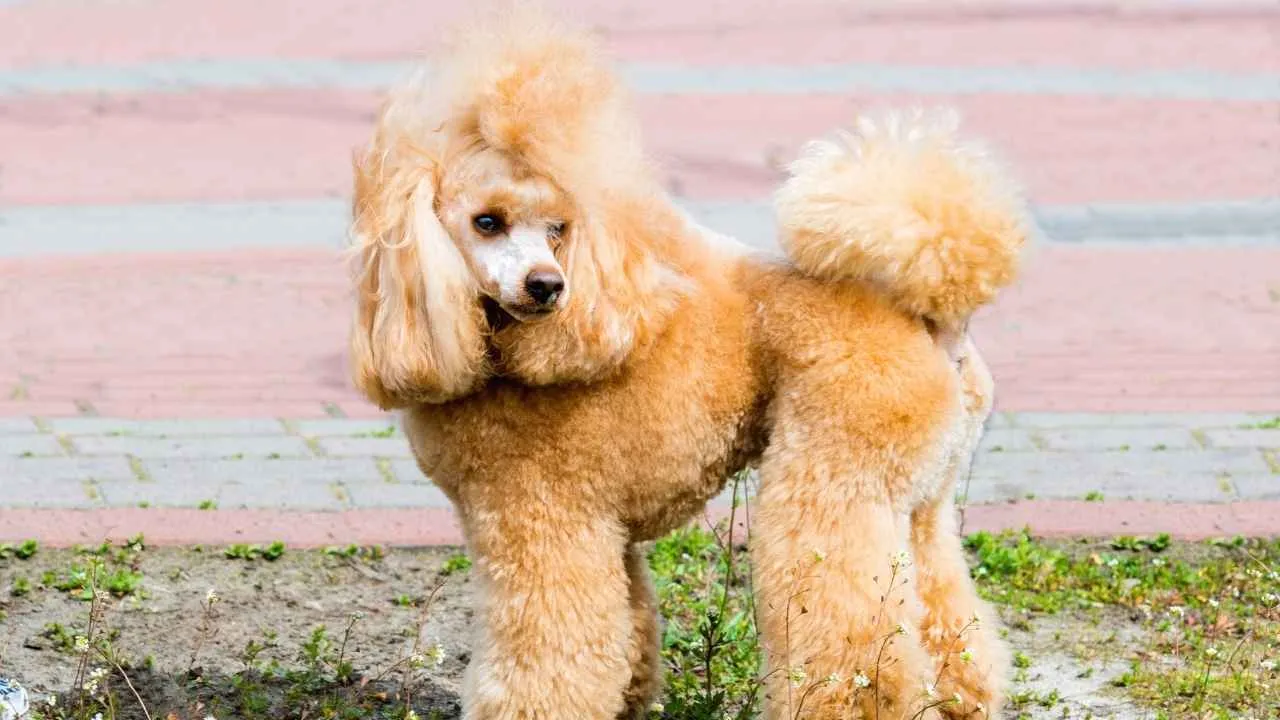
Poodles aren’t just known for their looks — they’re among the best breeds when it comes to service work that requires both smarts and sensitivity.
Whether assisting with physical tasks or emotional regulation, their responsiveness stands out, especially in structured environments where consistency matters.
A fit for different service needs
Standard Poodles are often chosen for mobility and guide tasks due to their strength and stature. On the other hand, Toy Poodles offer discreet support for individuals needing close companionship without the physical bulk. Their hypoallergenic coats are also a practical advantage for those with sensitivities.
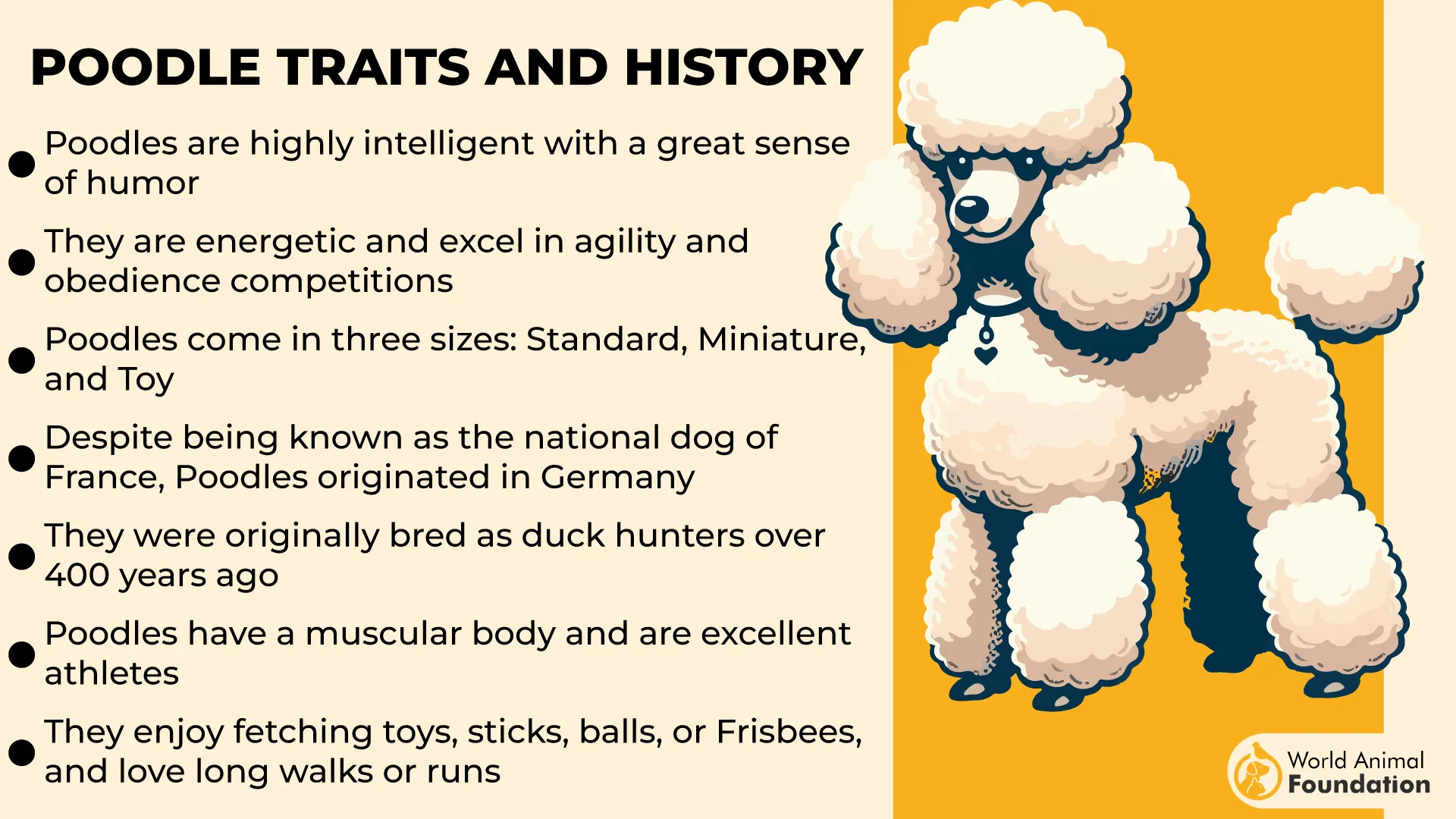
Trusted for emotional and mental support
Poodles are often trained as emotional support animals, especially for individuals navigating anxiety or trauma.
Their ability to stay calm and focused makes them suitable for people facing mental health challenges, where stability and predictability are crucial, as PetMD mentioned.
Reliable, calm, and people-oriented
Despite their refined appearance, Poodles are extremely grounded dogs. Their friendly nature makes them easy to handle in public spaces and around children.
That’s why they’re one of the most common breeds found in therapeutic and assistive roles — dependable, responsive, and highly trainable from day one.
5. Pomeranian
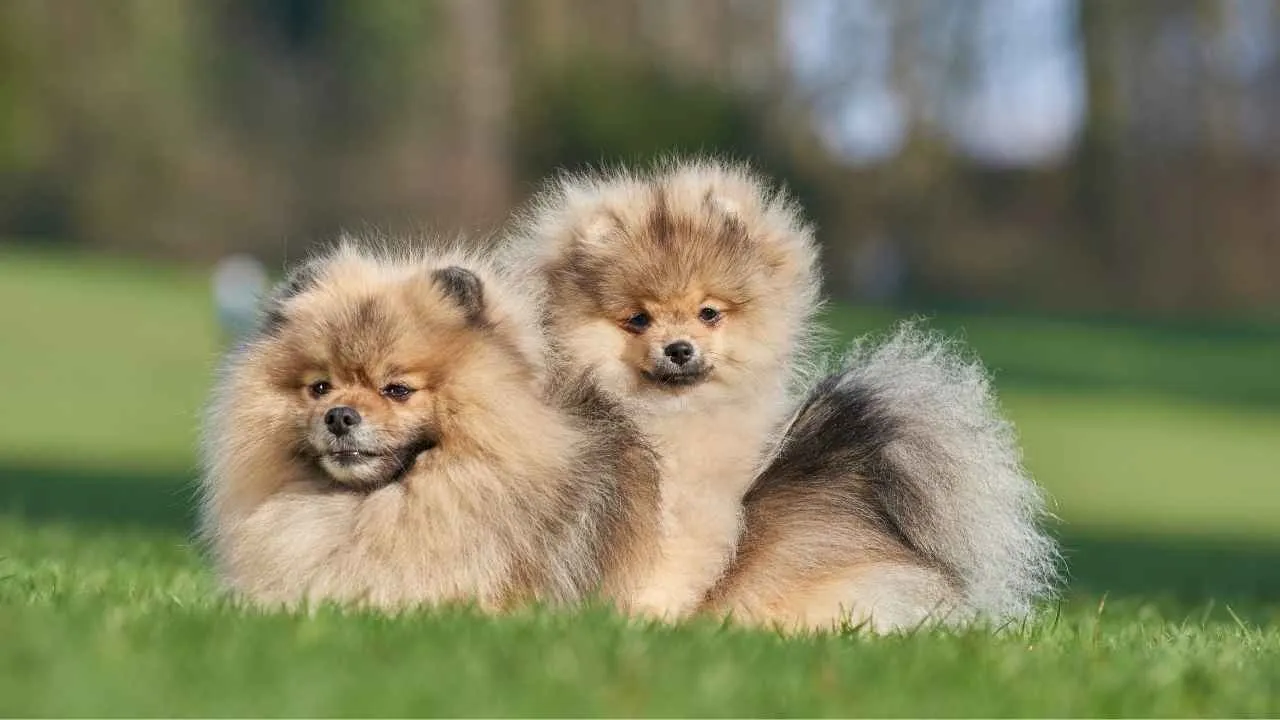
Don’t be misled by their fluff — Pomeranians are a small dog with sharp awareness and high responsiveness. Their alert nature and quick reactions make them a great fit for alert-based support, especially in private settings where subtle cues matter more than physical strength.
Compact but capable
Though not typically associated with physical service roles, Pomeranians can perform tasks like reminding their owners to take medications, alerting to sounds, or even interrupting repetitive behaviors in individuals with autism. Their agility and eagerness to please allow for targeted training in everyday assistance.
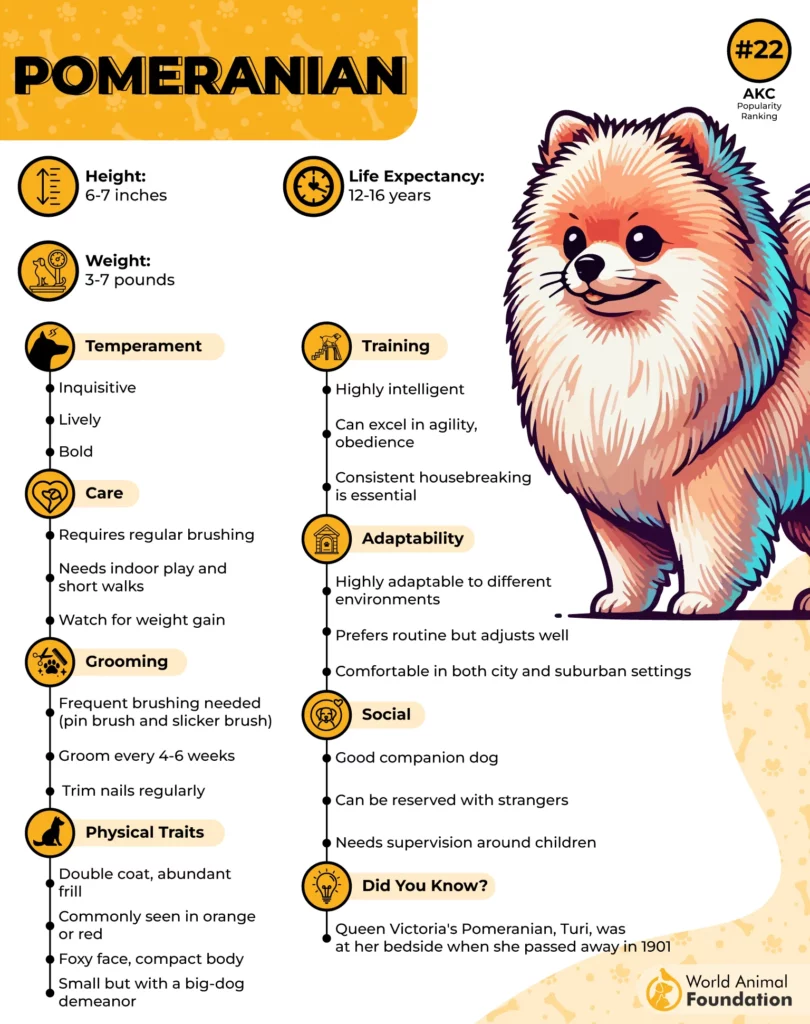
Emotionally intuitive and loyal
As a breed of dog that thrives on connection, Pomeranians quickly form strong bonds with their handlers.
This emotional closeness is what makes them effective in psychiatric or sensory support, where detecting changes in mood or behavior is more important than brute strength.
Small in size, not in service potential
Compared to other breeds, they’re far easier to carry, travel with, or manage in tight spaces — all without losing their attentiveness.
For individuals seeking a compact companion with real capability, this is one breed of dog that proves size isn’t a limit when it comes to service work.
6. Collie
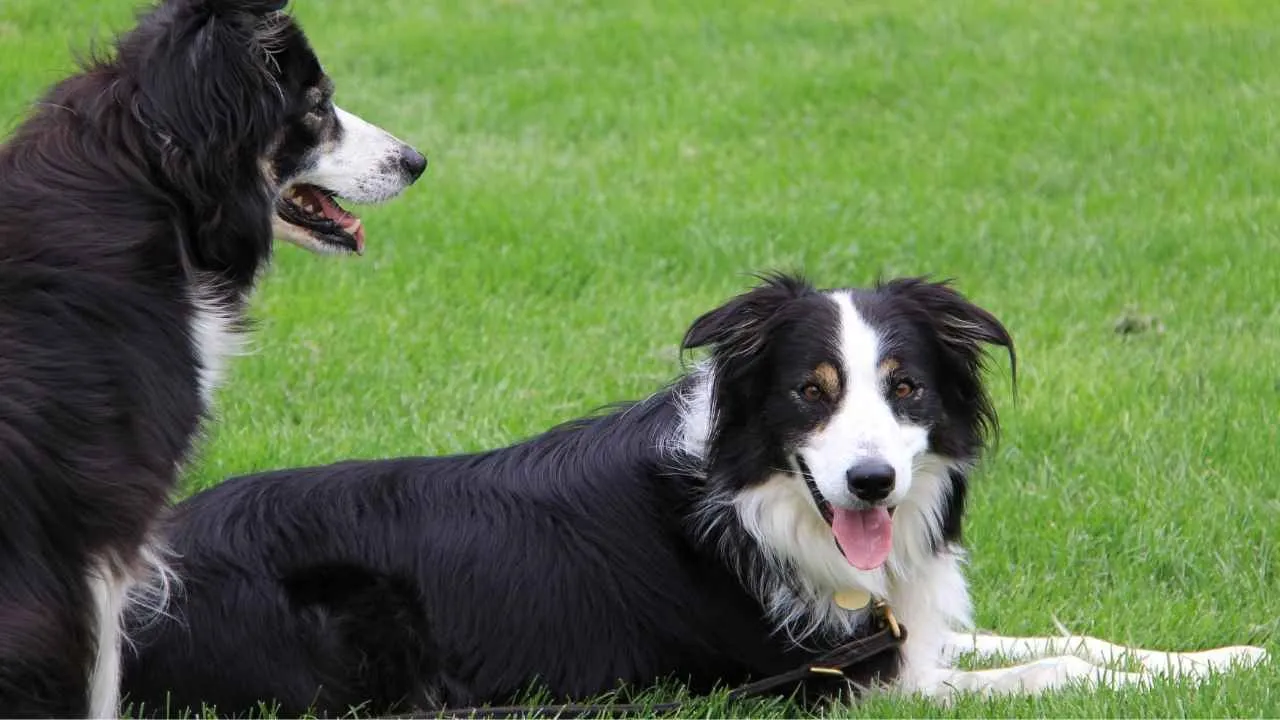
Collies are one of those certain breeds that naturally excel in roles involving attentiveness and emotional support.
Their soft focus and non-invasive behavior allow them to work well in environments where calm energy and space awareness are crucial, whether assisting with PTSD, anxiety, or children with autism.
Gentle and intuitive support providers
What makes them a fantastic choice for service work is their gentle nature combined with a constant desire to help.
They’re known to shadow their handlers, offering comfort and monitoring without needing constant instruction. Their soothing presence often provides reassurance even before a situation escalates.
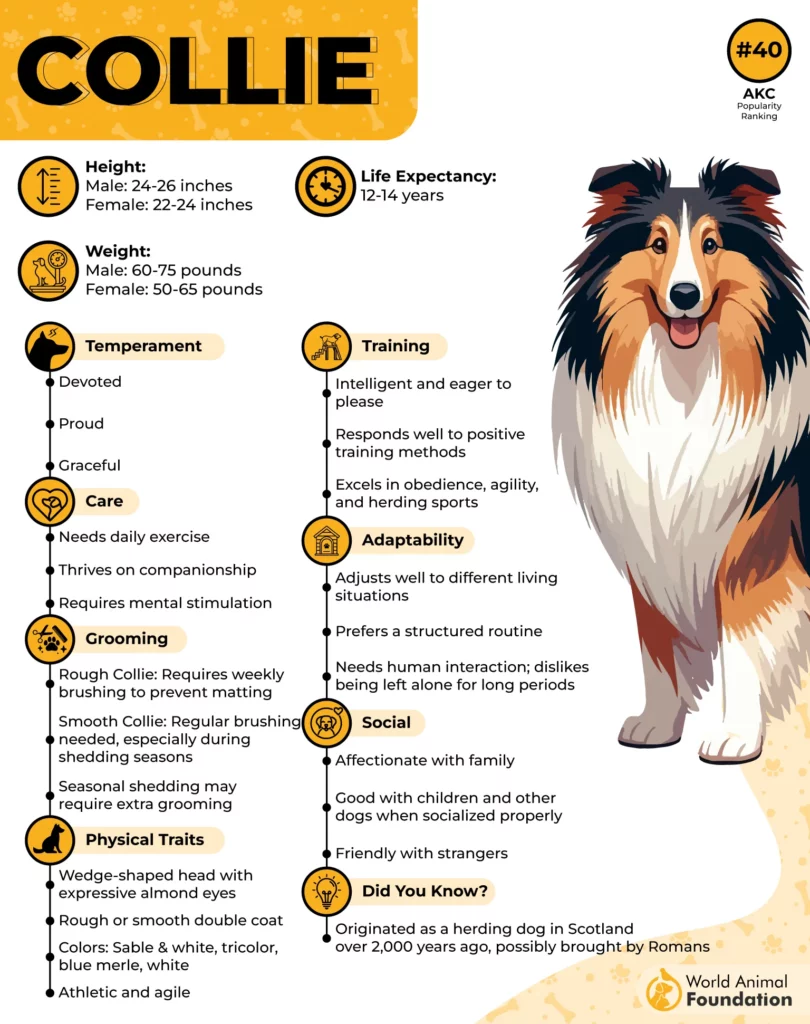
Smart, aware, and uniquely independent
Collies are highly intelligent, but they’re also surprisingly self-sufficient — they don’t always need repeat commands or micromanagement.
This makes them ideal for handlers who require a dog that can both follow structure and adapt in real-time without hesitation.
Balance well with homes and families
If you’re looking for the right dog to live alongside other pets, Collies are naturally accepting and non-territorial. Their ability to share space while remaining focused on their handler is a rare find.
Their certain traits — including loyalty, quick learning, and a calm disposition — are what set them apart from more reactive breeds.
7. Boxer
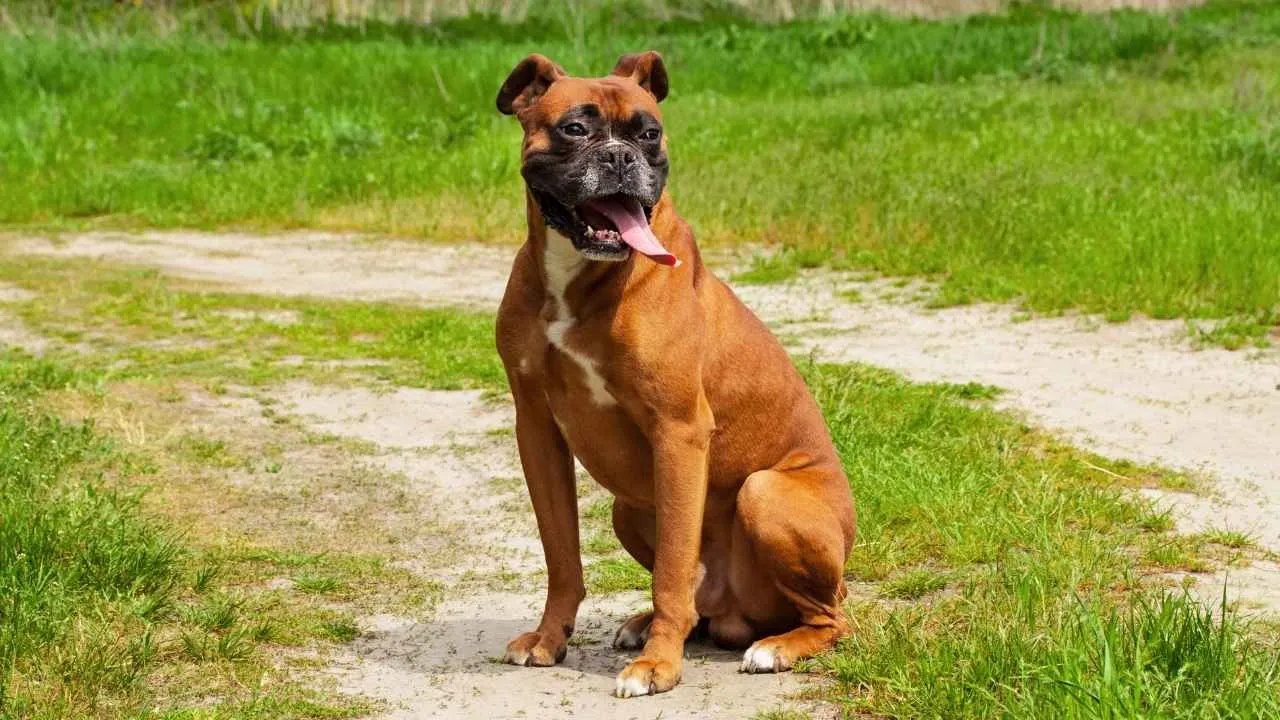
Boxers may surprise some, but they’ve proven themselves capable in a range of service-related jobs, particularly where strength, loyalty, and environmental awareness are needed. They’re vigilant without being aggressive, making them great at personal protection or deep-pressure support.
Built for both stamina and bonding
They’re a high-energy breed, no doubt — but that energy is directed and purposeful with proper training. Their endurance and eagerness to engage make them excellent for roles involving active tasks like mobility guidance or response-based alerts. They’re also incredibly affectionate, which helps them form fast emotional connections with handlers.
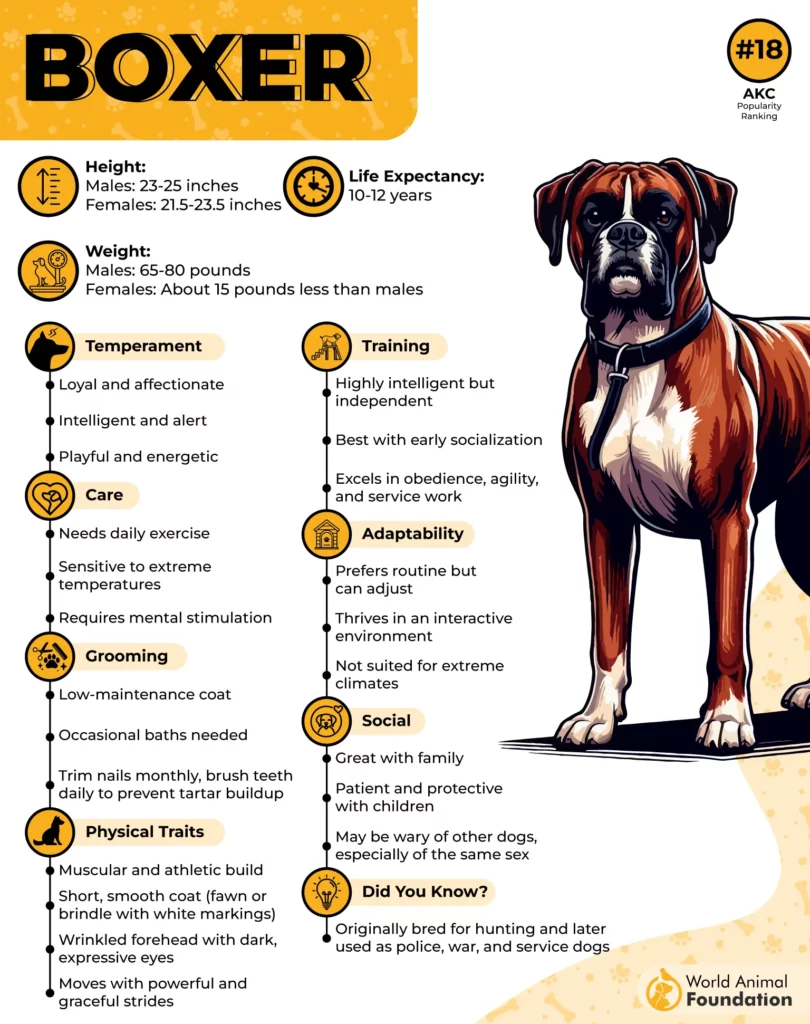
Balanced temperament with real working focus
Among the many breeds considered for specialized service tasks, Boxers stand out because of their strong work ethic and responsiveness.
They’re naturally tuned in to human emotions and can be trained to recognize early behavioral or physiological changes in their handler.
A strong match for the right individual
They’re not for everyone, but with the right breed match in terms of lifestyle and training commitment, Boxers deliver focused, durable support.
Their expressive faces and attentive nature aren’t just endearing — they’re tools in service, always scanning for cues and ready to act.
Conclusion
The bond between a person and their service animal goes deeper than simple assistance—it’s a partnership built on complete trust.
Whether it’s the calm presence of a seizure alert dog during a medical emergency or the steady support of a Golden Retriever trained for balance assistance, these dogs become extensions of their handlers’ abilities.
The best service dog breeds we’ve explored share exceptional intelligence and dedication, though each excels in different areas. Behind every successful service dog are countless hours of extensive training and the expertise of professional dog trainers who understand both canine capabilities and human needs.
From the strength of gentle giants like Boxers to the alert nature of hearing dogs like Pomeranians, service dogs protected under the disabilities act aren’t just working animals—they’re the difference between limitation and possibility.


